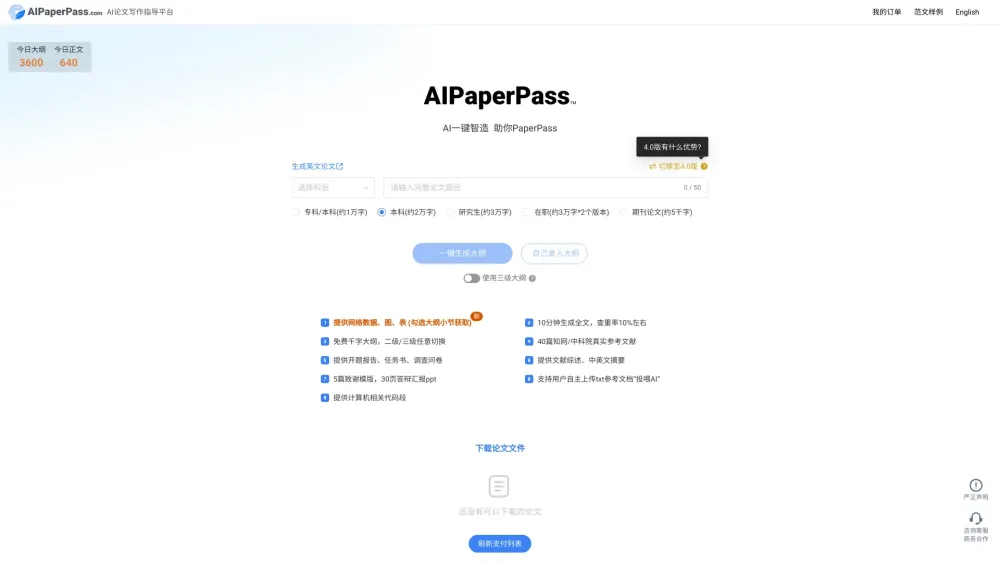Dataminr Launches ReGenAI: Combining Predictive and Generative AI for Real-Time Information Insights
Most people like

Are you struggling to find the perfect hashtags for your social media posts? Our Social Media Hashtag Generator App is here to help! This innovative tool simplifies the hashtag creation process, making it easier than ever to boost your visibility, engagement, and reach on platforms like Instagram, Twitter, and Facebook. With just a few taps, you can access a curated list of relevant and trending hashtags tailored to your content. Unleash the full potential of your posts and connect with your audience effectively!

Effortlessly create standout pitch decks and financial forecasts that capture attention and drive results.

Elevate your writing with AI-enhanced paper guidance. Discover how artificial intelligence can help streamline your writing process, offering personalized feedback and suggestions to improve clarity, coherence, and engagement. Whether you’re a student crafting an essay or a professional preparing a report, our AI tools are designed to support you at every step. Experience the future of writing assistance today!
Find AI tools in YBX
Related Articles
Refresh Articles

